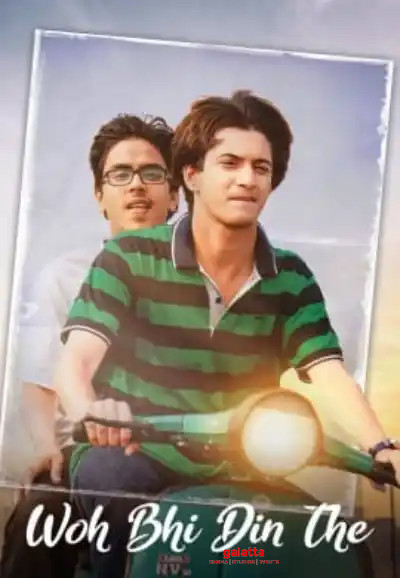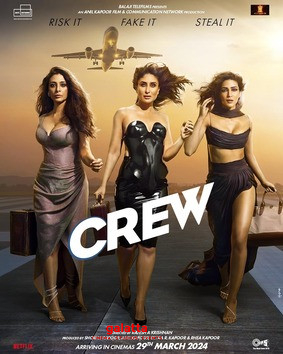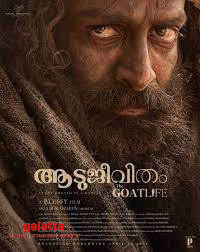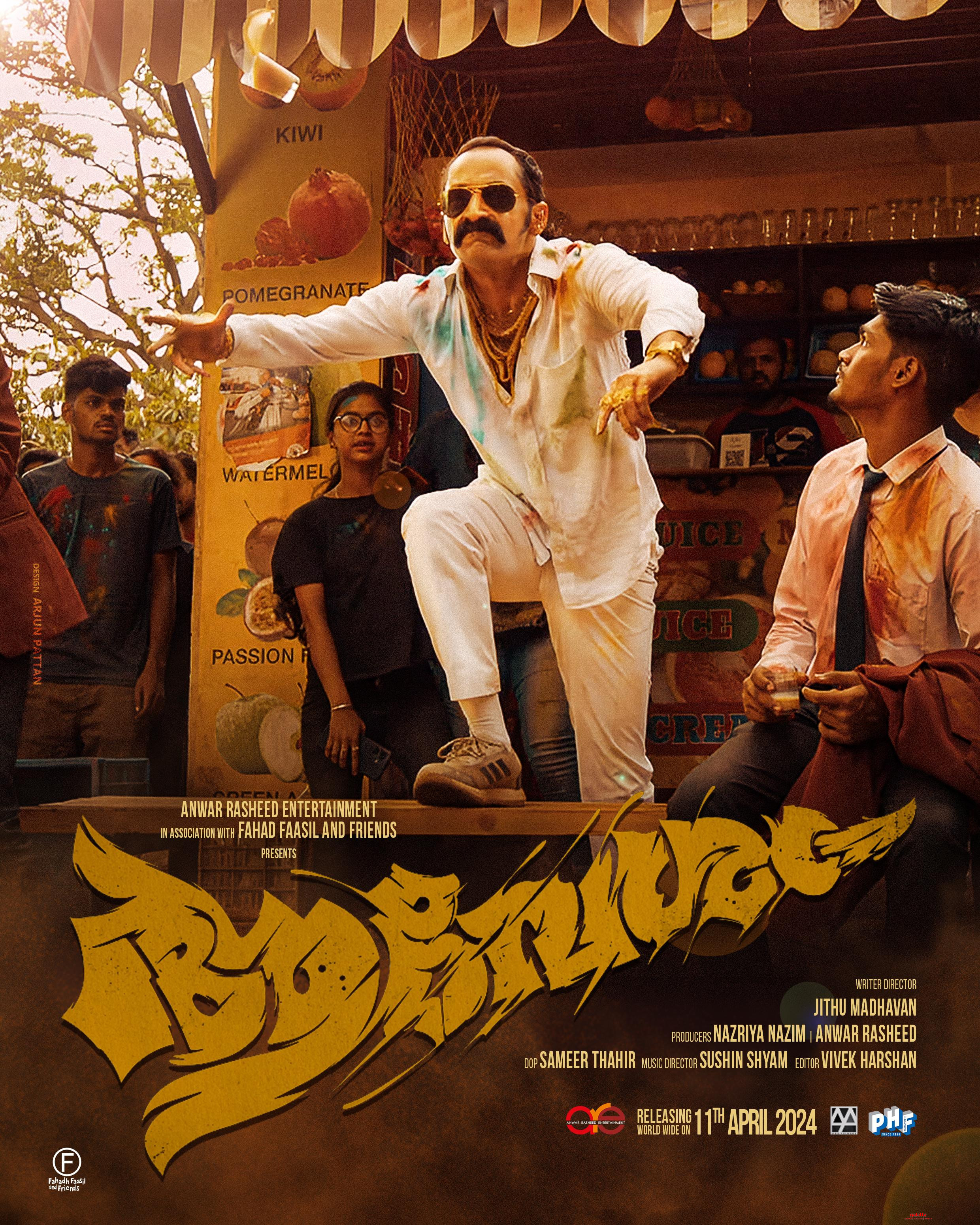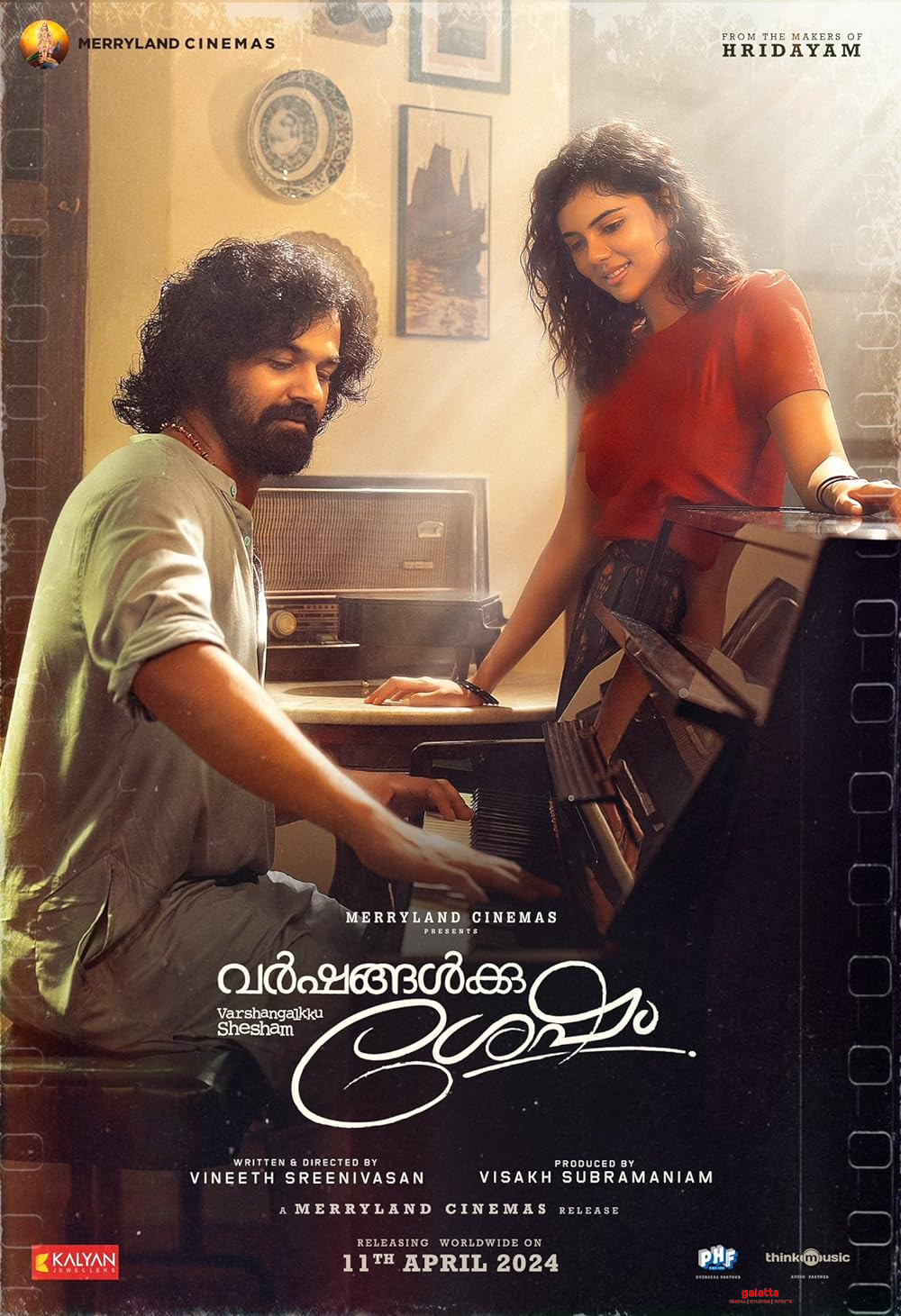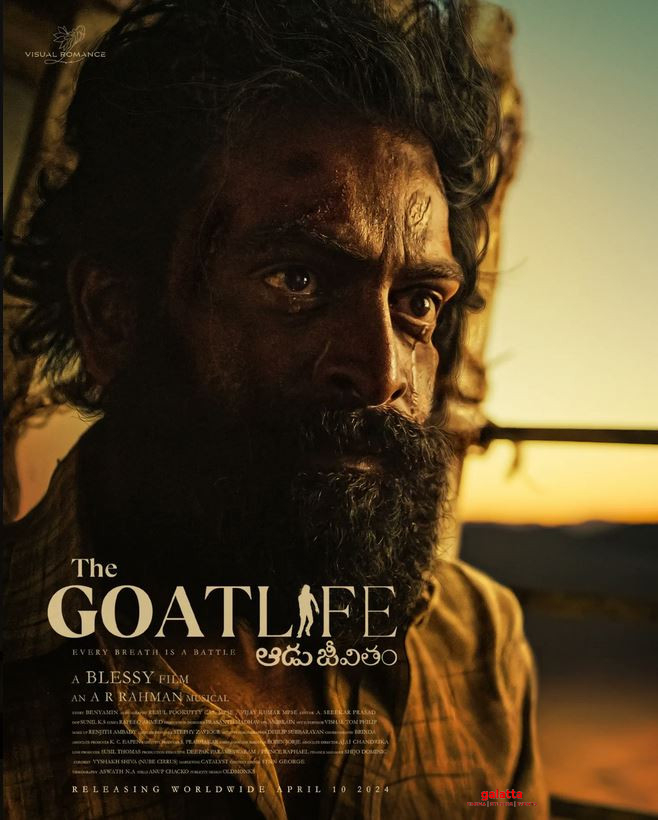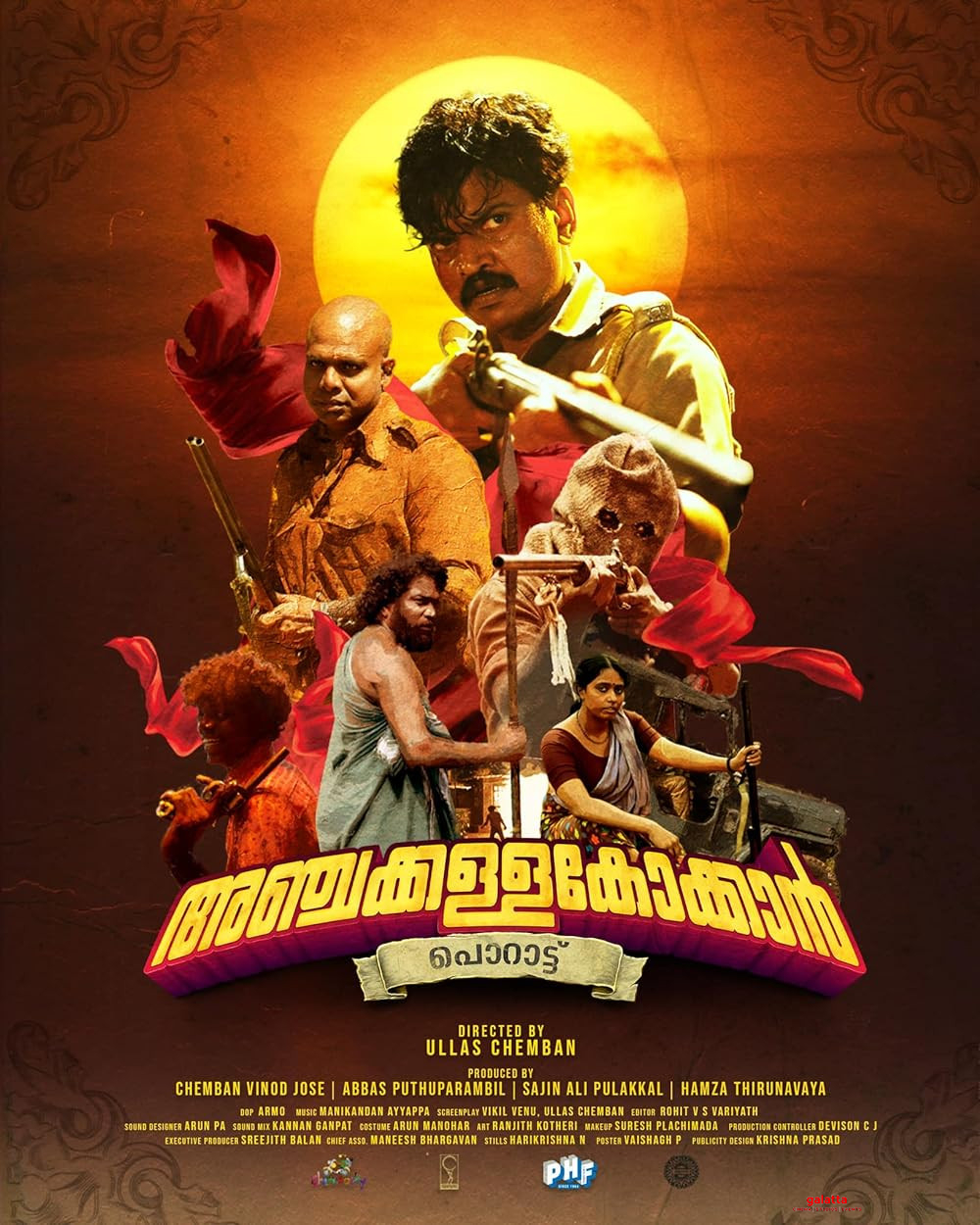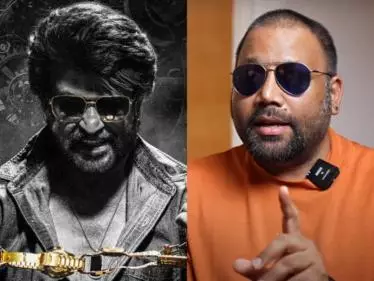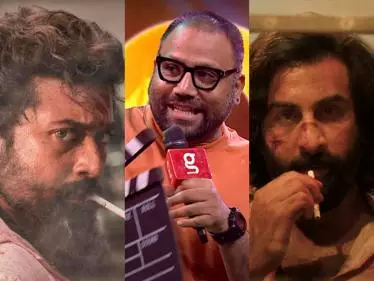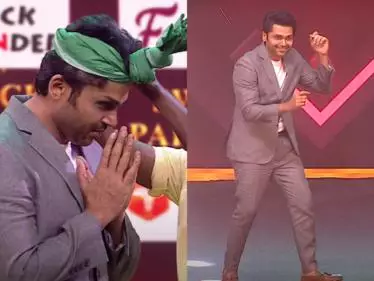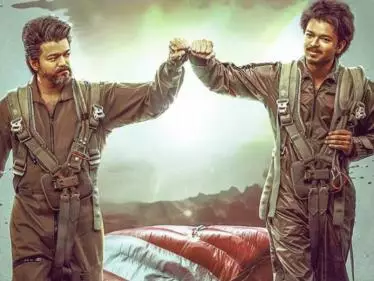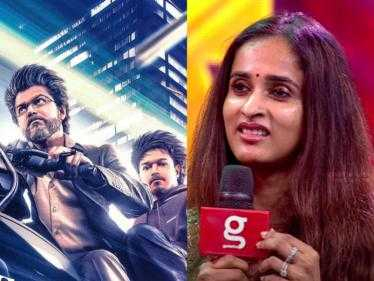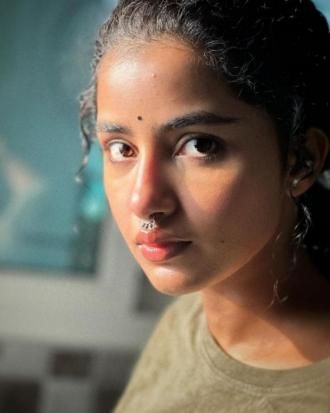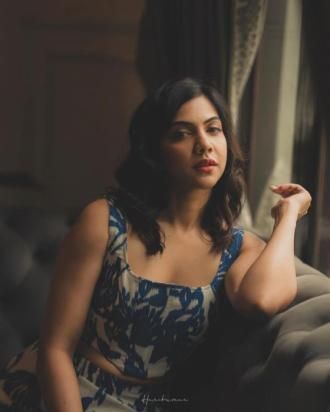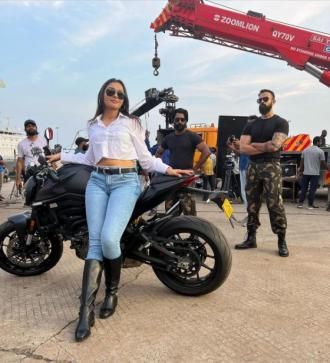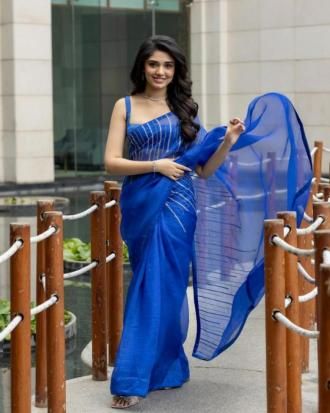Varshangalkku Shesham Movie Cast & Crew
At its most basic level, Varshangalkku Shesham is a story about two friends, what we’d call a bromance – one that starts in the 1970s and ends in the present day. Dhyan Sreenivasan plays Venu, who is a writer. Pranav Mohanlal plays Murali, who is a musician and also a drunkard. The way writer-director Vineeth Sreenivasan kickstarts the relationship between these two is lovely. It involves Venu being weak in history and being scared of his body-builder father. It involves paruppu vadai, and the newspaper it is wrapped in. It involves a drama troupe with a problem. The stream-of-consciousness way in which these events are stitched together makes it feel like one big stroke of the universe making something happen when you wish hard enough. And once Murali and Venu – note that both are Sanskrit names for the flute, or Lord Krishna – get together, there’s no stopping them. At least for a while.
The opening scenes are really thought-through, and that stream-of-consciousness feel continues to be felt. The way Murali discovers what a good writer Venu is involves Victor Hugo, of all people. The way Venu realises how good Murali is with music involves a play. Murali makes the background score for a stage play, expertly guessing where music is needed, what kind of music is needed (harmonium or violin), and when the audience will react. Both of them are ready for the movies. One will write and direct. The other will make music. And off they go to Kodambakkam, like the composer MS Baburaj - whose name and songs they invoke like a lucky charm, like a mantra. At this point, it appears that we are in for a lighter, broader version of Iruvar, which featured Pranav’s father. Slowly, ego begins to rear its head. Success goes to one friend’s head, and makes him look down on the other. In a romance, we wonder if the couple will cross these hurdles and get together. In this bromance, we wait for the rift between these friends to mend. The results are mixed.
There are many likeable characters like the producer played by Aju Varghese (with his howlarious kattan chai joke) and the assistant director played by Basil Joseph (with his howlariously curt treatment of a big star). There are many laughs, and the two actors at the centre – Dhyan and Pranav – sell their characters solidly, if not exceptionally. Vineeth has always had an excellent ear for music, and here he gets some great tunes, lush and melodic numbers, from Amrit Ramnath (Bombay Jayashri’s son). The recurring song, “Nyabagam”, is about remembrance and forgiveness, with a line that goes thus: “Oru murai en pizhai marandhu nee vandhidu.” So if you just want a casual entertainer, Varshangalkku Shesham gets the job done. But if, like me, you take Vineeth Sreenivasan as more than just a “feel-good filmmaker”, if you think of him as a true artist with a true voice, then the film falls short.
The problem with Varshangalkku Shesham is twofold. One, Vineeth is very good with tight premises: the Hindu-Muslim romance in Thattathin Marayathu, the love triangle in Hridayam, the father-son relationship in Jacobinte Swargarajyam, just to mention a few of the films he has directed. His style is to go close to the dark side and pull back just in time so that things don’t get too dark. And these familiar premises can take this treatment, because the feel-good moments that make us laugh and tear up don’t feel out of place. We are not exactly looking for “realism” here: the treatment matters more than the theme, the subject. But this approach becomes trickier in films like Thira and now, this new movie. Subjects like human trafficking or a musical genius who is an alcoholic – these require a level of deep-digging that Vineeth isn’t willing to get into. Remember that superbly “psycho” moment in Hridayam, involving a spurned lover, an ironing board, and a wedding dress? That is the zone this film needed to be in.
The second problem is an extension of what I just mentioned. Vineeth is fantastic at writing for a small number of characters stuck in a relatively urban milieu. But Varshangalkku Shesham has to deal not only with the period setting of 1970s Madras, but also a host of characters in the past and the present – and somewhere, the focus is lost. I kept thinking of what this film might have been had it not tried to give a meta-commentary about the movie industry, and just stuck to the bromance between Venu and Murali. Some of this meta-commentary is certainly funny, especially when a very aware and very amusing Nivin Pauly turns up as an actor modelled after the real-life Nivin Pauly. He rants against nepotism in a film starring the sons of Sreenivasan and Mohanlal and the daughter of Priyadarshan and Lissy, and a film that’s directed by another of Sreenivasan’s sons, who doubles as an actor in a sweet, small part.
But take the character Annie, played by Kalyani Priyadarshan. She promises to become a love interest. She doesn’t. That is not the issue. This film is, after all, less a romance than a bromance. But the issue with Annie is that she is given too big a backstory for this kind of movie, and this backstory is resolved too easily. The way Annie goes in and out of the screenplay, the way Murali comes and goes as he pleases (sometimes without any apparent logic other than to create a conflict point), the way these serious threads are left flapping – these result in a movie that is more about Venu, and less about Venu and Murali together. And that imbalance hurts. The film remains a loose collection of moments that do not cohere satisfyingly.
The supposed struggles felt by the characters don’t come across strongly – especially with Murali. He says he wants to be away from this high-pressure industry and compose ghazal-s. (With his constant wardrobe of kurta-s, he does look the type.) But when a song of his becomes a hit, he wants to be known as a composer, he wants to own the moment. And when this doesn’t happen, he vanishes. This arc, which includes his return as a composer and another instance of vanishing, deserved far more depth and darkness than this screenplay is willing to give this character. At other points, we get a producer who instantly agrees to a live recording (in this day and age), and just as magically, another producer who lands up when the first one makes an exit. This is not about whether all this is possible. It’s about whether it is plausible, whether it is convincing on screen. It isn’t.
There is one narrative thread about an enigmatic genius, and the search for him – something like Citizen Kane. There is another thread about friends and egos, and the difficulty of rekindling a friendship after decades. (Here, that difficulty is not felt at all.) There is a third spoof-satire thread about the functioning of the film industry, something like Udayananu Tharam, which featured… Mohanlal and Sreenivasan. There’s a fourth thread about an old-generation director trying to make a movie in the era of Syam Pushkaran and Dileesh Pothan. (This in itself would make an entire movie.) In the end, Varshangalkku Shesham bites off far more than it can chew. Everything – from the recovery from sexual abuse to the relaunching of a career – seems too simple, too easy. I use the word “seems” because, on screen, the writing is diligent enough to put up and explain these struggles. But these struggles don’t leap off the screen and touch the heart. The comedy lands, the emotion doesn’t. Varshangalkku Shesham, in the end, is a missed opportunity.


